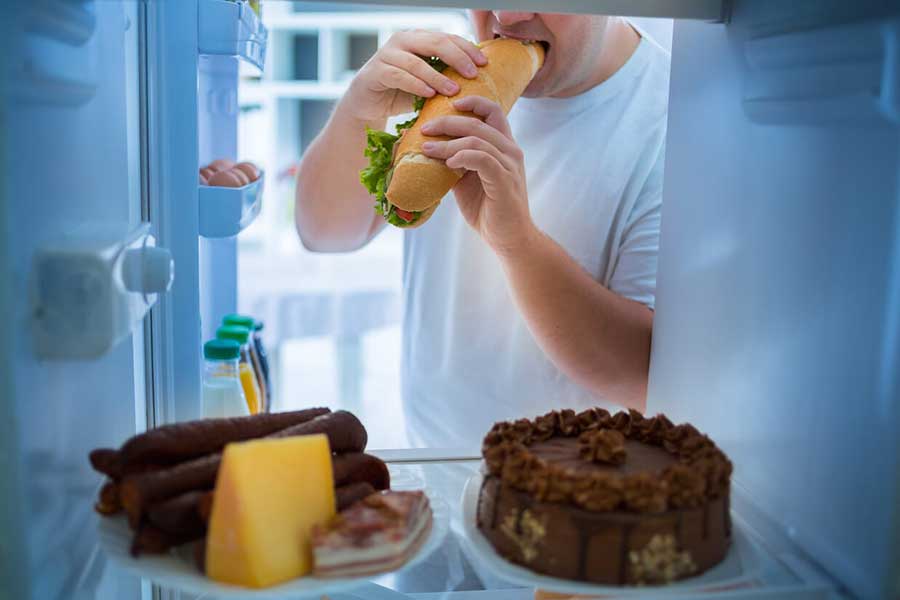The widespread, and much publicized, damage, and deaths from excessive opiate use have clearly emphasized the deep-rooted health crisis of addiction. Yet, the problem of addiction involves substances and behaviors of abuse beyond just drugs and alcohol. Food addiction is so pervasive that even if it does not affect you personally, you can be sure that it is haunting other friends or family members that are close to you.
When you consider the prevalence of heart, lung, liver, and brain damage/disease, cancer, obesity, and diabetes generated by the compulsive abuse of alcohol, tobacco, other drugs, meat, dairy, salt, sugar, processed oils, and refined, processed junk food, addiction is arguably the most significant cause of disability, disease and death.
Therefore, having some understanding of the addictive process, and how our awareness and choices can modify this process, can remarkably promote the opportunity for successful weight regulation, improved health and quality of life.
To better understand the nature of addiction, I present the definition used by the American College of Addictionology and Compulsive Disorders. This definition clarifies the distinctions between addiction, abuse, and compulsive behavior. Addiction is the continued or compulsive use of any substance or behavior without regard for negative consequences.(1) The outcome of negative consequences defines the dis-ease of food addiction. The individual knows that their behavior is either causing them obvious personal harm or is hurting family members or other people and they continue to do it anyway.
The blatant disregard, and especially the denial, of the dangers and consequences of compulsive behavior, is fundamental to the addictive process. For example, since the compulsive and excessive use of food can promote obesity and an increased risk of heart attacks, diabetes, strokes, and cancers, an obese person or a diabetic that disregards and denies the potential harm of their over consumption of all food, including junk food, would satisfy this definition. However, the person who uses alcohol or other drugs, or overeats, etc. in a more moderate way, without experiencing negative consequences to themselves or others, is considered an abuser but not an addict. Just keep in mind that negative consequences and denial are the hallmark signs of true addiction.


